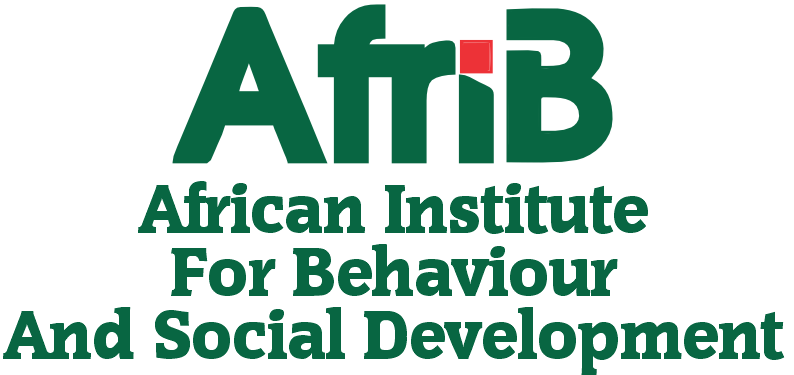🧘♀️ The Power of Mindfulness in Everyday Life
🌿 Introduction
In a world that often feels like it’s spinning faster every day—where deadlines, notifications, and to-do lists never seem to end—mindfulness offers a much-needed pause. It’s more than just a trending wellness term; it’s a life-enhancing practice rooted in ancient traditions and backed by modern science. At its core, mindfulness is the act of intentionally paying attention to the present moment, with openness, curiosity, and without judgment.
When we become truly present, we give ourselves the chance to slow down, breathe, and observe life as it is. Over time, this simple shift can lead to lower stress levels, improved emotional regulation, and an increased sense of peace and purpose.
🧠 The Science Behind Mindfulness
Numerous studies have explored the psychological and physiological benefits of mindfulness. Here’s what researchers have discovered:
- Reduces Stress Hormones: Mindfulness meditation has been shown to lower cortisol, the hormone responsible for stress. Lower cortisol levels can result in better sleep, improved digestion, and a healthier heart.
- Improves Mental Clarity and Focus: Practicing mindfulness strengthens areas of the brain associated with attention, memory, and decision-making. This is especially beneficial in today’s distraction-filled environment.
- Boosts Emotional Resilience: Mindfulness helps people become more aware of their thoughts and feelings without being overwhelmed by them. This is especially helpful for those dealing with anxiety, depression, or emotional trauma.
- Supports Physical Health: Some studies suggest that consistent mindfulness practice can boost immune function, reduce blood pressure, and improve chronic pain management.
In essence, mindfulness trains the mind to respond instead of react—creating space between our thoughts and our actions.
🛠️ Practical Mindfulness Techniques You Can Start Today
Mindfulness doesn’t require a meditation cushion or a silent retreat in the mountains. It can be woven into your daily life in simple and effective ways. Here are some practices you can try, even if you have a busy schedule:
1. Breathing Exercises
Set aside just five minutes each day to sit quietly and focus on your breath. Inhale slowly through your nose, hold for a moment, then exhale through your mouth. This practice anchors your attention and calms your nervous system.
Try this: Count each breath up to ten, then start over. If your mind wanders (and it will), gently bring it back to your breath.
2. Mindful Walking
Instead of rushing through your commute or errands, slow down. Feel your feet connect with the ground, observe your surroundings, and notice your breathing as you walk.
Try this: Take a short walk without your phone or distractions. Tune into the rhythm of your steps and how your body moves.
3. Gratitude Journaling
Before bed or at the start of your day, write down three things you’re grateful for. These don’t have to be big things—simple joys like a good cup of tea or a warm conversation can shift your mindset.
Why it works: Practicing gratitude redirects your focus from what’s lacking to what’s abundant, enhancing overall happiness and reducing stress.
4. Mindful Eating
Instead of eating on autopilot while scrolling your phone, try being fully present. Notice the taste, texture, and aroma of your food. Chew slowly and appreciate each bite.
Bonus: This can improve digestion and help with mindful portion control.
5. Body Scan Meditation
Lie down or sit comfortably, and bring your attention to different parts of your body—starting from your toes and moving upward. This practice helps you become aware of tension and release it consciously.
🌼 Everyday Mindfulness Tips
- Set a daily reminder to pause and check in with yourself.
- Use your senses—what can you see, hear, feel, smell, or taste right now?
- Practice single-tasking instead of multitasking. Give one task your full attention.
- Be kind to yourself—mindfulness isn’t about being perfect; it’s about being present.
🧭 Conclusion
Mindfulness isn’t a destination—it’s a journey of becoming more present, more aware, and more compassionate with yourself and others. It invites you to slow down, breathe, and find peace in the moment you’re living right now.
You don’t need hours of meditation or a spiritual background to begin. Whether it’s pausing for a deep breath during a hectic day, savoring a cup of tea, or writing down your thoughts, every mindful act brings you closer to a calmer, more centered version of yourself.
Start small. Stay consistent. And remember—the present moment is always available to you.

